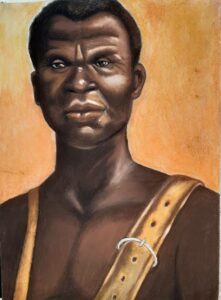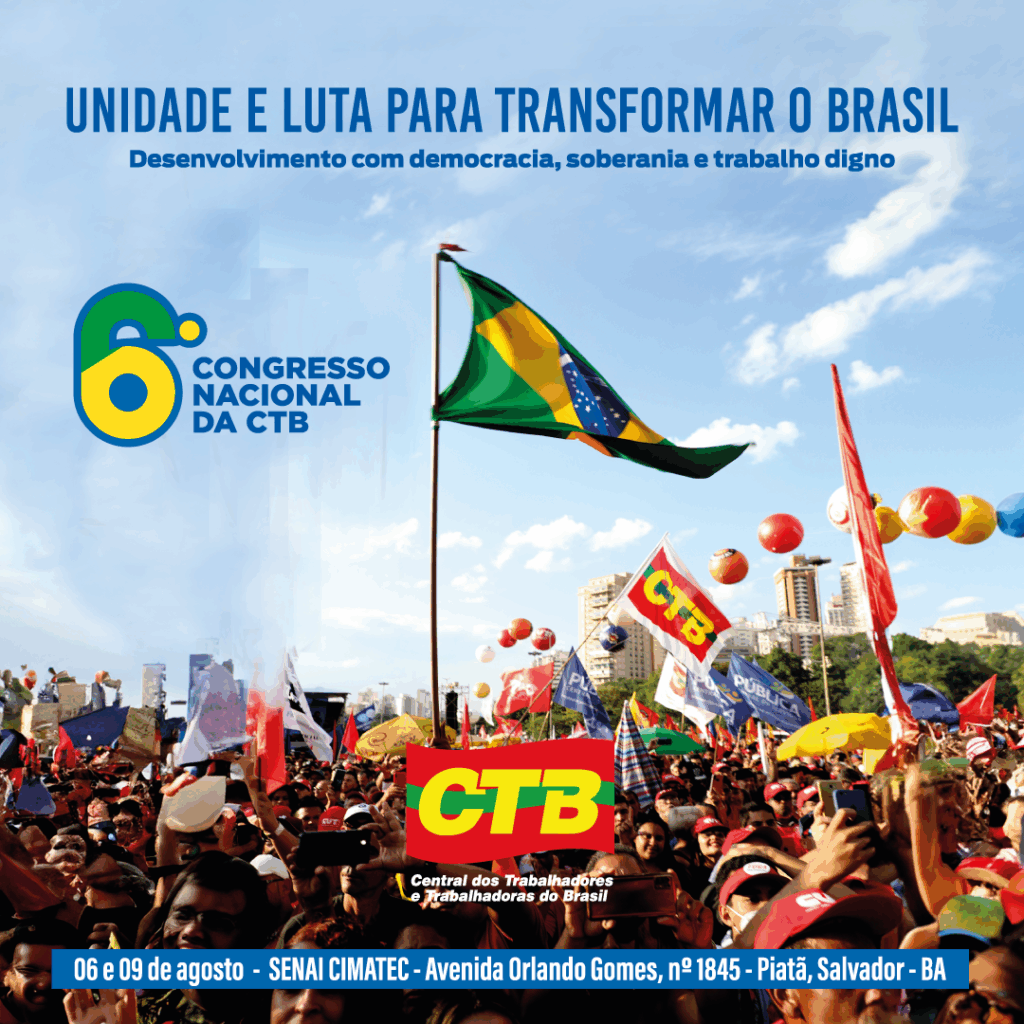Nos dias 22 a 24 de agosto, em Johanesburgo, África do Sul, a cúpula do Brics (Banco de Desenvolvimento que reúne Brasil, Rússia, Índia, China e África do Sul) debateu a alternativa de uma moeda única e a reformulação do bloco, com adesão de novos países.
O Brics tem se destacado no cenário econômico e na reformulação geopolítica. O empreendimento se constitui como um elemento importante no relacionamento do Brasil, através da união, centralidade e integração com outros países.
Com o anúncio da expansão, o BRICS surpreendeu o mundo e, principalmente, as potências ocidentais. No próximo ano o grupo contará com mais Arábia Saudita, Argentina, Egito, Emirados Árabes, Etiópia e Irã.
Os dados são impressionantes: 72% das terras com vastos recursos naturais, cruciais para ciência, pesquisa e tecnologia, e 42% do petróleo mundial.
O bloco dos cinco países que compõem o Brics representa uma parcela significativa da riqueza e da população mundial. Informações do instituto de pesquisas do Reino Unido Acron Macro Consulting, revelam que o Brics representa atualmente 31,5% do Produto Interno Bruto (PIB) mundial. Os números são maiores que os do G7, grupo que une os sete países mais desenvolvidos do planeta (Estados Unidos, Japão, Alemanha, Reino Unido, França, Itália e Canadá), com 30,7%. A união das Nações do Brics compreende 41% da população mundial.
Nesse contexto aconteceu a edição do 12º Fórum dos Sindicatos dos Brics (BTUF), que reuniu líderes sindicais do Brasil, China, Rússia, Índia e da anfitriã África do Sul, nos dias 26 e 27 de setembro, na cidade de Ethekwini (Durban).
O Brics Sindical (BTUF) contou com representantes das centrais sindicais brasileiras (CTB, NCST, UGT, FS e CUT) e das federações sindicais nacionais da República da África do Sul, República da Índia, República da Rússia e República Popular da China.
O encontro dos representantes da classe trabalhadora que compõem o bloco promoveu um espaço de diálogo, interação e elaboração de um plano de ação.
O 12º BTUF teve como tema “A Cooperação do Fórum Sindical do Brics para um Desenvolvimento Justo e Inclusivo a Todos os Povos do Mundo – Avançando no Caminho da Justiça Social, Paz e Dignidade.”
O encontro presencial do Diálogo do Fórum Sindical do Brics (BTUF), retomado após a grave crise da pandemia da COVID-19, acontece em um mundo marcado por grandes turbulências e tensões geopolíticas, não apenas históricas, mas com impacto profundo na vida da classe trabalhadora e da humanidade.
O presidente Nacional da CTB, Adilson Araújo, esteve presente no encontro e ressaltou que “vivenciamos o esgotamento da velha ordem imperialista, fundada na exploração das nações mais pobres pelas grandes potências capitalistas. Este ambiente cria a necessidade histórica e a oportunidade de uma nova ordem geopolítica internacional. O Brics, ampliado e fortalecido em sua última reunião de cúpula, já desenha os contornos desta nova ordem, com a constituição do Novo Banco de Desenvolvimento”.
Araújo destacou ainda: “para que a instituição financeira do bloco exerça o seu papel de fomento à produção, combate às desigualdades, garantia da soberania alimentar, promoção do investimento público, expansão do crédito para os pequenos e micros negócios, investimentos tecnológicos, ciência, pesquisa, inovação, sustentabilidade com energias limpas e renováveis, preservação do meio ambiente, com especial atenção às questões climáticas, devemos liderar um pacto integrado entre os países do Brics, a produção e o trabalho. Esse processo deve necessariamente propiciar o desenvolvimento socioeconômico sustentável e solidário, garantir o crescimento de suas economias, a geração de empregos e a desconcentração de riqueza.”
A integração do movimento sindical e a mobilização consequente da classe trabalhadora será decisiva para o êxito do Brics frente aos desafios econômicos, sociais e políticos do século XXI.
Também presente ao evento, o secretário internacional adjunto da CTB, Carlos Muller, disse que “considerando a importância, a dinâmica e o que representa o Brics, é fundamental que a classe trabalhadora e o movimento sindical tenham protagonismo e relevância na transição e no desenho deste novo mundo. Devemos destinar especial atenção e centralidade à defesa da democracia, da soberania e, sobretudo, dos direitos e da valorização do trabalho.”
Brics: in the service of valuing work, deconcentrating wealth and combating inequalities
On August 22nd to 24th, in Johannesburg, South Africa, the Brics summit (Development Bank that brings together Brazil, Russia, India, China and South Africa) debated the alternative of a single currency and the reformulation of the bloc, with the accession of new countries.
Brics has stood out in the economic scenario and in geopolitical reformulation. The enterprise constitutes an important element in Brazil’s relationship, through union, centrality and integration with other countries.
With the announcement of expansion, BRICS surprised the world and, especially, the Western powers. Next year the group will include more Saudi Arabia, Argentina, Egypt, the United Arab Emirates, Ethiopia and Iran.
The data is impressive: 72% of the land with vast natural resources, crucial for science, research and technology, and 42% of the world’s oil.
The bloc of five countries that make up Brics represents a significant portion of the world’s wealth and population. Information from the UK research institute Acron Macro Consulting reveals that Brics currently represents 31.5% of the world’s Gross Domestic Product (GDP). The numbers are higher than those of the G7, a group that unites the seven most developed countries on the planet (United States, Japan, Germany, United Kingdom, France, Italy and Canada), with 30.7%. The union of BRICS Nations comprises 41% of the world’s population.
In this context, the 12th BRICS Union Forum (BTUF) took place, which brought together union leaders from Brazil, China, Russia, India and the host South Africa, on the 26th and 27th of September, in the city of Ethekwini (Durban).
The Brics Syndical (BTUF) included representatives from Brazilian trade unions (CTB, NCST, UGT, FS and CUT) and national trade union federations from the Republic of South Africa, the Republic of India, the Republic of Russia and the People’s Republic of China.
The meeting of representatives of the working class that make up the bloc promoted a space for dialogue, interaction and development of an action plan.
The theme of the 12th BTUF was “The Cooperation of the BRICS Trade Union Forum for Fair and Inclusive Development for All People of the World – Advancing on the Path of Social Justice, Peace and Dignity.”
The in-person meeting of the Brics Trade Union Forum Dialogue (BTUF), resumed after the serious crisis of the COVID-19 pandemic, takes place in a world marked by great turbulence and geopolitical tensions, not only historical, but with a profound impact on the life of the class worker and humanity.
The National President of the CTB, Adilson Araújo, was present at the meeting and highlighted that “we are experiencing the exhaustion of the old imperialist order, founded on the exploitation of the poorest nations by the great capitalist powers. This environment creates the historical need and the opportunity for a new order international geopolitics. The Brics, expanded and strengthened in its last summit meeting, is already drawing the contours of this new order, with the constitution of the New Development Bank”.
Araújo also highlighted: “so that the bloc’s financial institution can exercise its role in promoting production, combating inequalities, guaranteeing food sovereignty, promoting public investment, expanding credit for small and micro businesses, technological investments, science, research, innovation, sustainability with clean and renewable energy, preservation of the environment, with special attention to climate issues, we must lead an integrated pact between the Brics countries, production and work. This process must necessarily provide sustainable socioeconomic development and solidarity, guarantee the growth of their economies, the creation of jobs and the deconcentrating of wealth.”
The integration of the union movement and the consequent mobilization of the working class will be decisive for the success of Brics in the face of the economic, social and political challenges of the 21st century.
Also present at the event, the deputy international secretary of the CTB, Carlos Muller, said that “considering the importance, dynamics and what the Brics represents, it is essential that the working class and the union movement have a leading role and relevance in the transition and design of this new world. We must devote special attention and centrality to the defense of democracy, sovereignty and, above all, rights and the appreciation of work.”






